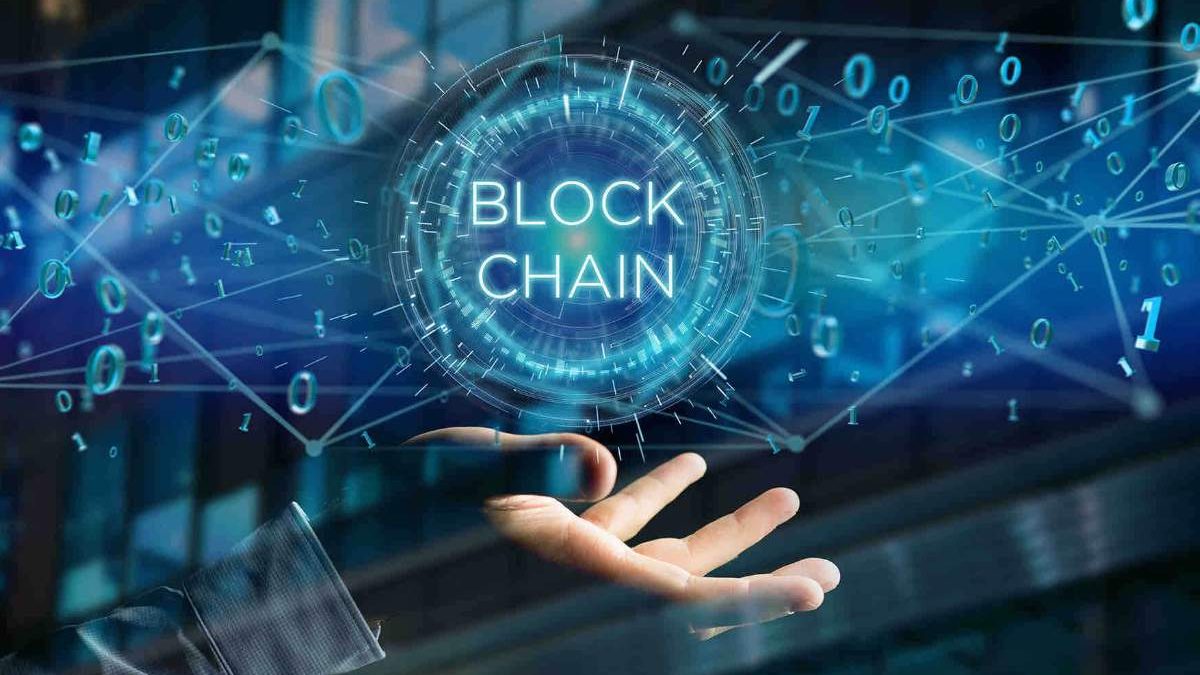The blockchain or chain of blocks is like a scribe’s book. What is written on the blockchain is recorded and certify and its integrity and availability are guarantee.
If this content is also encrypted, it guarantees confidentiality. This unique and unalterable registry is distributed in several nodes of a network where each block stores information about that block, valid transactions, and its relationship with the previous and next block.
Although its use is strongly associate with cryptocurrencies, this technology can use for other types of digital assets, such as NFTs, contracts, etc.
That said, the blockchain allows transactions to be record and an asset to be track within the network without the need for intermediaries since the thousands or millions of nodes that make up the network (distributed teams) are the ones in charge of verifying and validating those transactions that take place will be record in a new block that is add to the chain.
Table of Contents
Why Is Blockchain So Secure?
Being a distribute technology, where each network node stores an exact copy of the chain, the availability of information is guarantee at all times.
If an attacker wants to cause a denial of service, he should disable all the nodes on the network, since it is enough for at least one to be operational for the information to be available.
On the other hand, as it is a consensual registry, where all the nodes contain the same information, it is almost impossible to alter it, ensuring its integrity.
If an attacker wanted to modify the information in the blockchain, he would have to modify the entire chain in at least 51% of the nodes.
Lastly, since each block is mathematically link to the next block, once a new one is add to the chain, it becomes unalterable.
If a block is modify, its relationship with the chain is broke. In other words, all the information record in the blocks is immutable and perpetual.
Blockchain Technology Allow To Store Information They Never Lost, Modify Or Delete.
In addition, each node of the network uses certificates and digital signatures to verify the information and validate the transactions and data store in the blockchain, which ensures the authenticity of said information.
In this way, we can think of blockchain as a scribe. A means to certify and validate any type of information.
A reliable, decentralize registry, resistant to data manipulation, and where everything is record.
Today we use to centralize models. We give all our information to companies like Google or Facebook to manage it, we send all our messages through the Telegram or WhatsApp servers so that they take care of sending them or we spend fortunes on notaries and institutions so that they certify and keep our deeds or important documents.
In the blockchain, the data is distributed to all the nodes of the network. Since there is no central node, everyone participates equally, storing and validating all the information.
It is a very powerful tool to communicate and store information reliably; a decentralize model where the information is ours since we do not depend on a company that provides the service.
What Other Uses Is Give To Blockchain?
Any type of information that needs to be preserve intact and must remain available can be store on the blockchain in a secure.
Decentralize and cheaper way than through intermediaries. In addition, if this information is store encrypt, its confidentiality can be guarantee. Since only those who have the encryption key can access it.
Use Of Blockchain In Health
For example, health records could be unifies and store on the blockchain. In this way, the medical history of each patient would be safe and at the same time available to each authorized doctor.
Regardless of the health center where the patient was treat. Even the pharmaceutical industry can use this technology to verify drugs and prevent counterfeits.
Use Of Blockchain For Documents
On the other hand, it would be very useful for the management of digital assets and documents.
So far the problem with digital is that everything is easy to copy. But blockchain allows you to record purchases, deeds, documents or any type of digital asset that cannot be forge.
Other Uses Of The Blockchain
It can also revolutionize the Internet of Things (IoT) market. We the challenge lies in the millions of devices connect to the Internet.
That must be manage by the provider companies. In a few years, the centralized model will not support as many devices.
Not to mention that many of them are not secure enough. With blockchain, devices can communicate through the network in a direct, secure and reliable way, without intermediaries.
Blockchain allows verifying, validating, tracking and storing all kinds of information, from digital certificates, democratic voting systems.
Logistics and messaging services, smart contracts and, of course, money and financial transactions.

